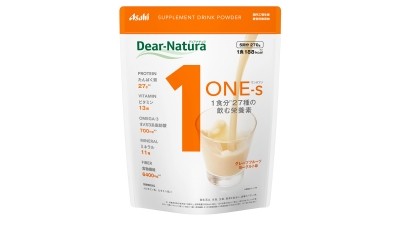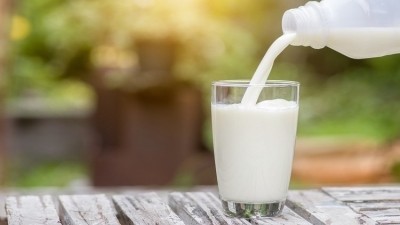Science shorts: Latest findings from Maeil, Yili, Meiji

‘Gold standard’: Whey protein supplementation maximises muscle gains from resistance exercise – Maeil-funded RCT
Whey protein supplementation could raise the effectiveness of resistance exercise by boosting increases in muscle mass, muscular strength and endurance, according to a study funded by South Korean dairy firm Maeil.
Involving 32 men, the randomised controlled trial required the intervention group to take in a whey protein supplement containing 20g of whey protein isolate, while the remaining participants took the placebo thrice per day. Both groups also underwent a supervised resistance exercise programme during the trial period.
The findings, published in Nutrients, showed that the intervention group had a marked increase in muscle mass to 32.48 (± 2.43 kg), while the placebo group did not.
Targeted nutritional support needed to curb negative consequences of morning sickness – Yili-funded study
Nausea and vomiting in pregnancy (NVP) could lead to nutrient deficiencies and severe complications for both mother and infant, says a study funded by Yili.
The study analysed data from a cross-sectional survey conducted from 2019 to 2020. A total of 303 healthy pregnant women aged between 20 and 45, who were in their first trimester and came from 10 urban Chinese cities, were recruited for the survey.
Compared to those in the non-NVP group, women in the NVP group were found to have lower intake of nutrients, including carbohydrate, protein, fat, vitamins A and E, thiamin, niacin, potassium, manganese, iron, and zinc.
Curcumin, vitamin D, fish oil shown to prevent progression to diabetes in pre-diabetics – Thailand trial
The supplementation of curcumin, vitamin D, and fish oil together has shown to reduce the progression to diabetes in pre-diabetic individuals, according to the findings of a 24-week trial conducted in Thailand.
Researchers from Mahidol University and Rajavithi Hospital compared the effects of the three ingredients together with that of olive oil, which was the placebo of the trial, as well as that of only curcumin and fish oil.
The findings, published in Annals of Clinical Endocrinology and Metabolism showed that the progression of glycaemic status was significantly different between the three groups by the end of the trial, with it being the lowest in the group taking curcumin, fish oil, and vitamin D.
Probiotic combination shown to alleviate gastrointestinal motility disorders – China study
The intake of two probiotic strains, namely L. paracasei JY062 and L. gasseri JM1, has been shown to alleviate gastrointestinal motility disorders, according to a two-week animal study conducted by China researchers.
From the study, they found a number of mechanisms that could explain how GI motility disorders can be alleviated.
For example, the intervention group was found to have increased excitatory regulators (MTL and GAS) and decreased inhibitory regulators (PYY), thus facilitating the overall regulation of GI regulatory peptides.
Acidified, protein-rich milk drinks shown to boost cognitive functions - Meiji-sponsored study
Acute improvements were noted in the cognitive functions of young adults upon consumption of acidified 10-g and 15-g milk protein drinks, according to a Meiji-backed study.
For participants who had the 10-g or the 15-g milk protein drinks, their ‘shifting’ performance had improved at 15 minutes while ‘updating’ performance improved at 60 minutes. Neither effect was observed in the placebo group.
Shifting is defined as the ability to flexibly shift focus between stimuli, while updating is the ability to maintain and manipulate information temporarily.


















